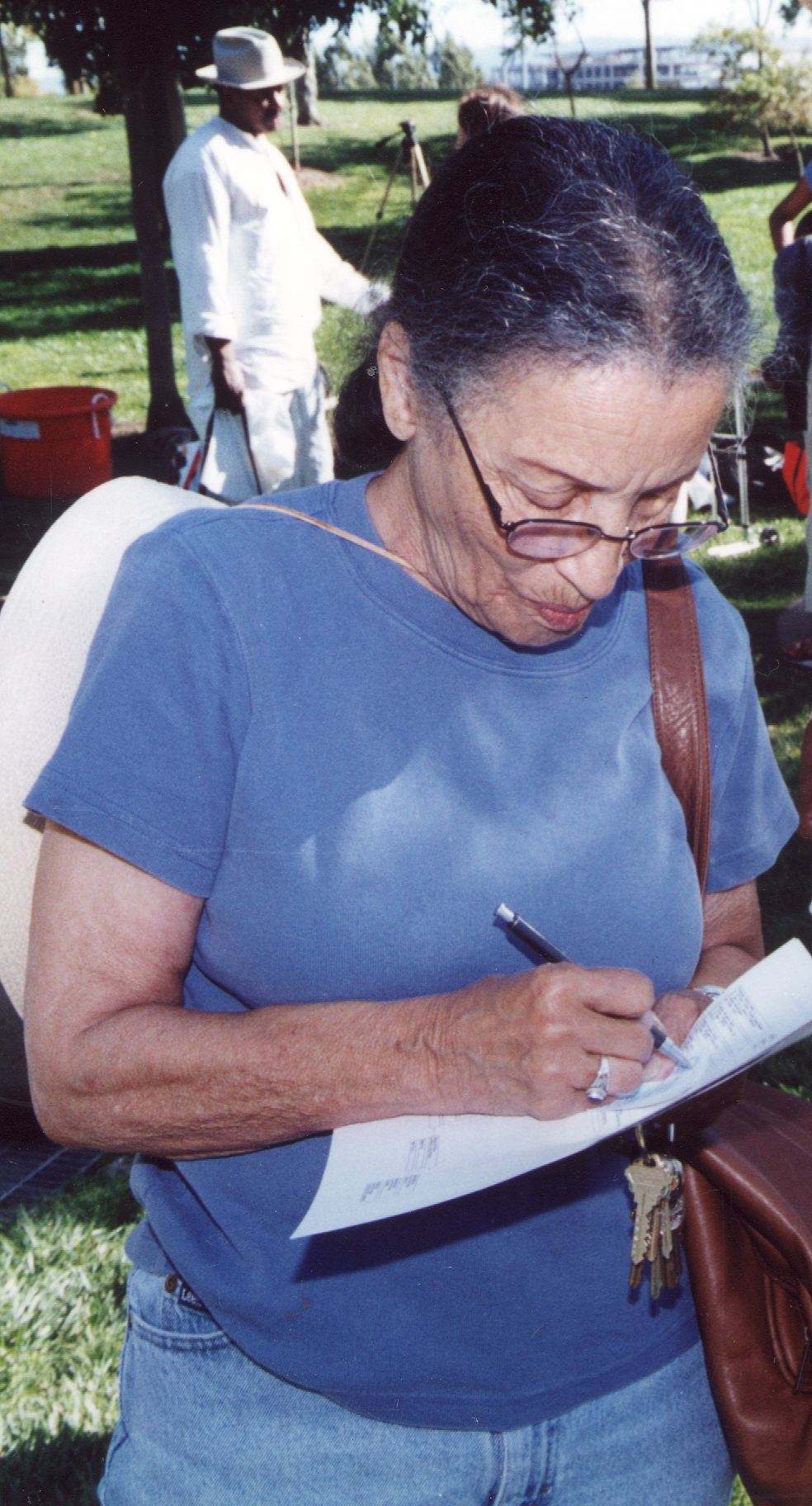|
KEN JENKINS TO BETTY CHARBONNET REID SOSKIN October 25 , 2000 Email Correspondence: Ken Jenkins replying to email from Betty Charbonnet Reid Soskin. Jenkins comments in black, Soskin comments in blue. Betty: Misc. comments before breakfast:
Me too - I think the work needed is to fill in the gaps between the known 1850 census families and the known 1900 - there is no index for 1870 and 1880 - I am not sure of 1860 - and New Orleans is a huge census to search by eye. The method would have to be a study of probable locations for CHARBONNET families based upon known facts such as where they were in 1850 - plus what is known from any street directories. So far I have located directories for 1811, 1921, 1922, 1924, and 1931. There must be others. I suppose it would be wise to look through the St. John and St. Charles census first. These would be much smaller. The key is finding the Louis CHARBONNET family. All I work with say Louis is the origin of the African- American connection. And wouldn’t it be nice to find my missing Pierre CHARBONNET. I feel he is also in the St. John and St. Charles census?
Creole is a correct term. My understanding is it comes from a root word “colonial” - and means original French/Spanish/Indus heritage from the 1600s onward settlement of new America. Interesting that your people spoke a French patois. There is a lot of confusion with the tourists and other not familiar with Louisiana who see the Acadian (Cajun) people here and assume they are the Creole - mainly because they are still bilingual. Here at the Capital Annex I hear much Cajun French expression in everyday conversation, and it is wonderful. Of course, the real Creole know these people are newcomers, arriving from Nova Scotia well after the old families and having to settle in the Atchafalaya Basin, rather than the rich Mississippi Delta area.
Love these stories . . .
St. James, St. John, and St. Charles are like beads on a string (the Mississippi River being the string) west to east toward New Orleans. The river runs W to E through this area rather than N to S. Because the CHARBONNET appear in both St. John the Baptist and in St. Charles Parishes - I assume the land they owned was near the junction. They seem to have had land on both sides of the river. It is interesting that this tradition of St. John the Baptist was passed down in your family as this is the Jacques CHARBONNET family area of settlement - other CHARBONNET were in the city proper (a clue?) It is interesting how prejudice can come from any source. Prejudice based upon ethnic origin is probably the worst type, but it seems there is (and may always be) a peculiar prejudice based upon the idea (our family is better than your family)’ - or - based upon ‘our money is better than your money.’ The old families in New Orleans felt themselves descended from royalty (with faint justification - a pedigree stretched thin by time and distance - a lineage out of favor in a democratic new world) and still do in some ways. I have another connection with New Orleans through my own family, the TOBIN line. This is a true WASP line and I’m not sure how they became so well accepted, other than the fact that they knew how to adapt to the Creole culture. Captain John William TOBIN was an owner of Mississippi River steamboats - and lived a life of luxury until his death in 1888. His granddaughter, Maude GIBERT actually married into the CHARBONNET line (wild coincidence - I think - for me to also marry into the line some 80 years later). The point here is the descendants (not the CHARBONNET connected ones but others) are such snobs I was never able to get any cooperation from them for genealogical research. You see, I come from the Texas TOBIN lineage (John W. TOBIN’S sister) and we didn't meet their standards - for some reason. Someone must have failed to respond to an ‘RSVP’ or something a hundred years ago - ha!
Yes, it is an amazing world! It would be nice to meet with you - preferably sitting in a big ole easy chair ... feet up.
|
||||
